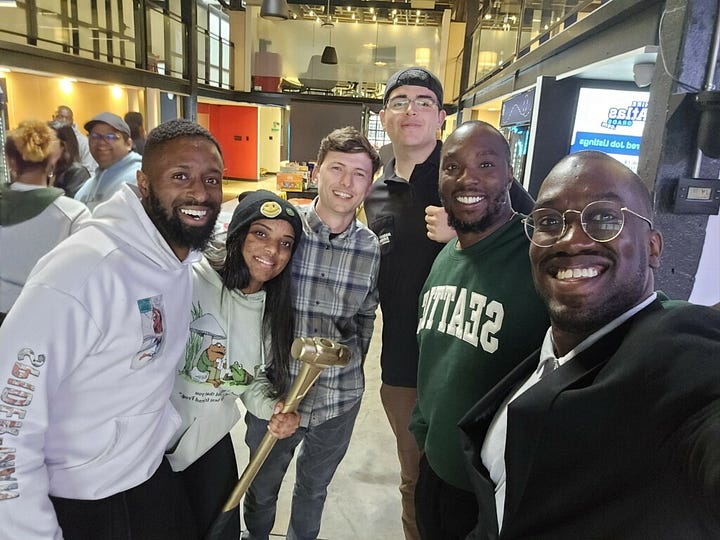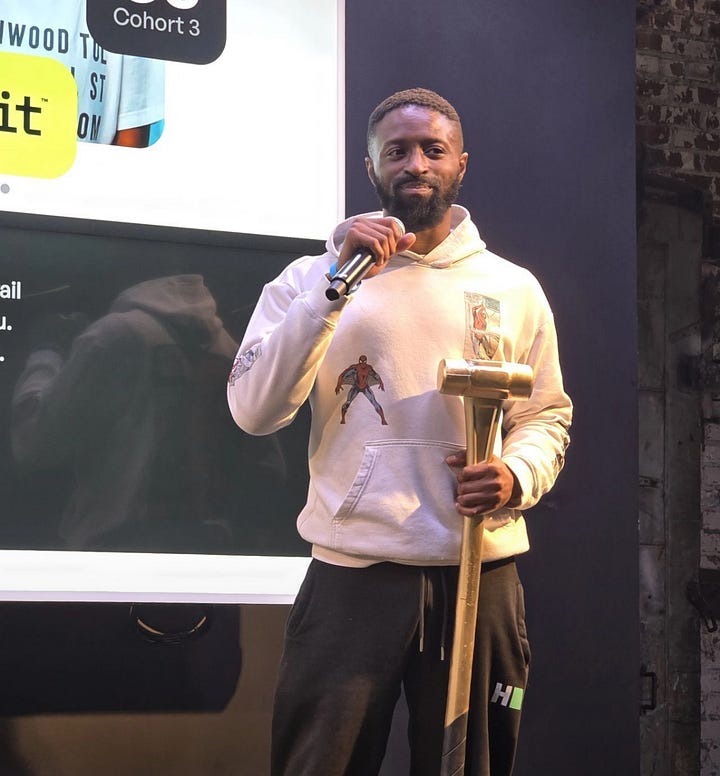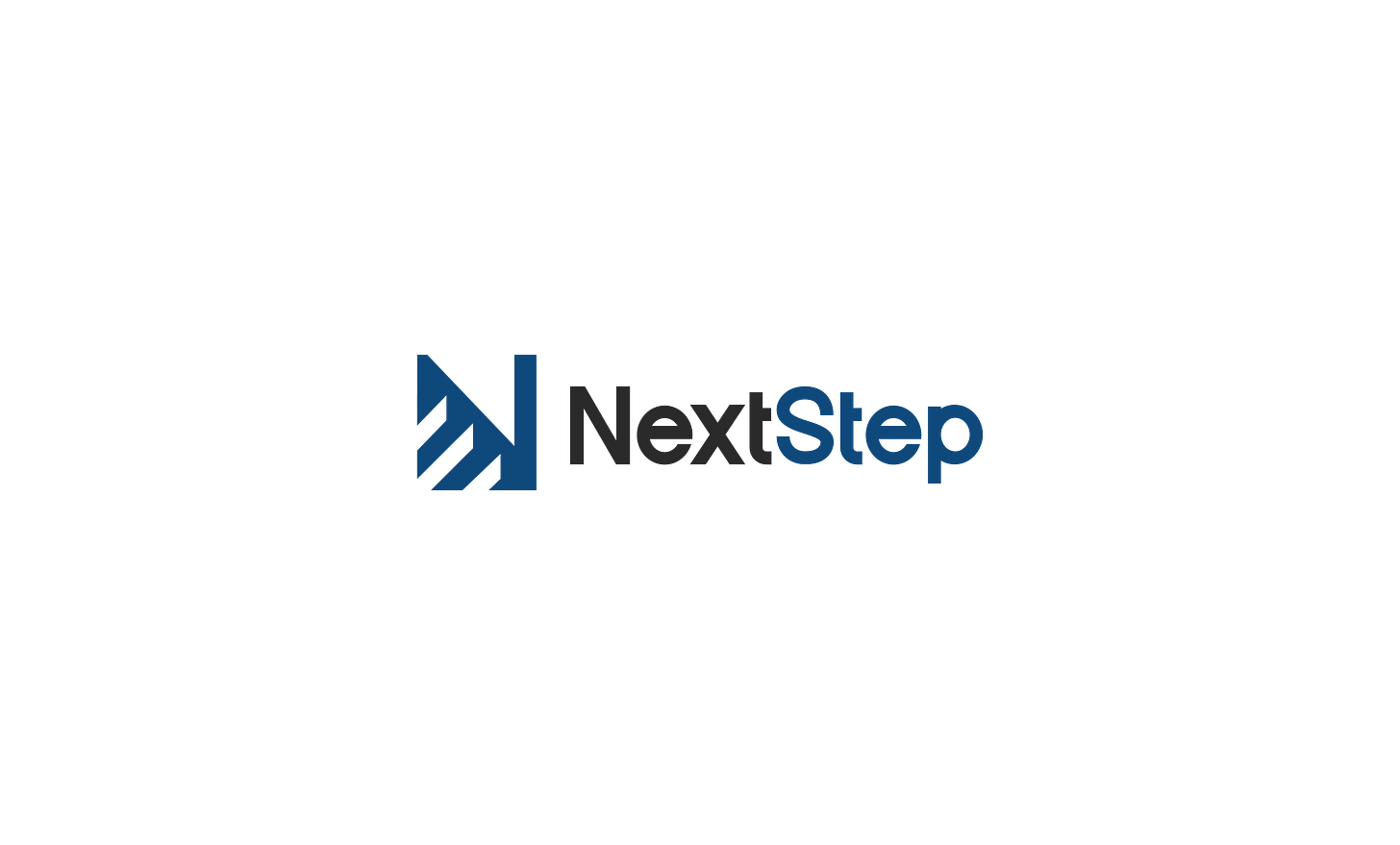How My First Surgery Made Me A Startup Founder
A startup is an organization searching for a repeatable and scalable solution to a problem.
The weekend before my first surgery I took a bus to Tulsa, Oklahoma to attend ACT House’s Build Day X - a 24-hour, hackathon-style innovation bootcamp. I had seen it pop up online a few times, and even though my schedule was packed, something in me said: You gotta do this.
I went as someone who wanted to meet a bunch of strangers and make something.
I didn’t go to Tulsa with a startup idea.
When the mic opened up for pitches, something jolted in me. I didn’t have an idea planned but I asked myself:
What’s the biggest problem in my life right now?
I was days away from surgery. I lived alone and I needed someone to sign me out afterwards. I had no clue who that would be.
I pitched a post-surgery companion and got a lot of votes.
I pulled together a team and we got to work.
I probably slept for two hours total (on the floor of our workspace) before jumping back into building. Crystal drove around to hospitals and clinics to get feedback on the idea. Eddie dug into market dynamics and a business model. Max and Jacob worked on high-fidelity mockups and visuals for the pitch deck. I spent time leading the orchestra and talking to people about their surgery experiences - which not only shaped the product but also helped calm my nerves before my own procedure. Here’s a video of the pitch we gave:
ACT House ran workshops throughout the night. Their innovator archetype model helped us understand our strengths - I came out as a dominant Architect, sub-dominant Techie. That felt right.
Our team hustled and we won.


Then came the surgery.
I prepped my apartment, learned what to expect, and reviewed the hospital’s policies. But once I came out from under anesthesia, it was clear: none of that truly prepares you.
I ended up needing an overnight stay because there wasn’t someone to monitor me full-time. After being discharged I had to coordinate an Uber while a bit sore and out of it.
I argued with the pharmacy about meds.
And once I got home, alone, there was so much to do. I tried to remember the right way to drain my blood, manage medication timing, and remember all the other instructions I had been given - while also just trying to exist.
I was pissed, tired, and overwhelmed.
I kept thinking - if I went through this with a “minor” surgery - what are people recovering from more complex procedures experiencing?
That’s when the idea became a mission.
What is NextStep?
We’re rethinking what care looks like after the hospital discharges you.
We’re starting with three core assumptions:
Would surgical coordinators and discharge teams refer patients to services like this?
Would patients be willing to pay for post-surgery support?
Would healthcare workers (CNAs, RNs, EMTs, etc) take on short gigs helping people begin the healing journey after surgery?
Right now we’re focused on a lean offering to validate these assumptions and solve real pain points. The next two months are about building, connecting, learning, and making sure what we’re building actually works.
Why Now?
There’s a real set of colliding trends that we’re responding to:
Patient surgeries are increasing — In 2022, there were approximately 12.4 million ambulatory surgery encounters in the U.S., marking a 4% increase from the previous year.(Overview of the National Ambulatory Sample)
Nearly 1 in 3 U.S. households is a single-person household — As of 2023, about 29% of U.S. households consist of just one person, reflecting a significant rise in individuals recovering alone.
Healthcare professionals are increasingly seeking flexible, gig-style work — The healthcare industry is facing a projected shortage of over 100,000 workers by 2028, prompting many professionals to seek more flexible, gig-style employment opportunities. (Mercer - Addressing a Challenging Healthcare Market)
We’re building a solution for an overlooked moment in recovery - after the hospital discharges but before healing has fully begun.
What’s next for NextStep?
You’re very early.
This Substack will serve as a mix of roadmap, founder journal, and landing page for the work of building this out. We’re moving really fast and creating with deep intention. This space is to surface a lot of that work.
Let’s build what comes next.
Let’s make a world where no one recovers from surgery alone.
—Travell
Founder of NextStep





I love this and I hope you are feeling well 🙏🏾❤️
Wow! Incredible journey and drive! Excited to follow your journey